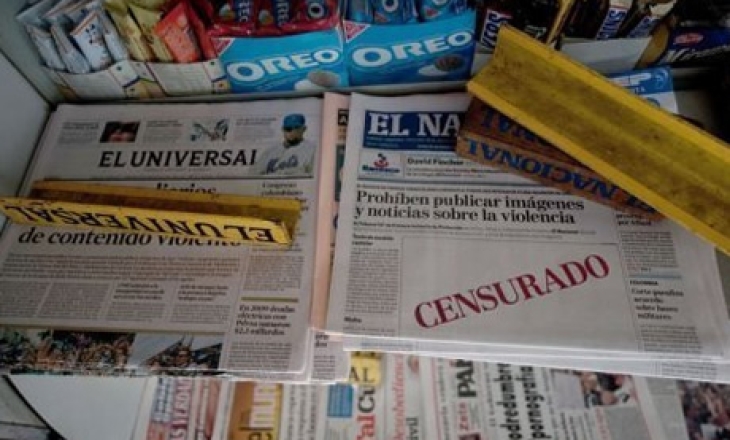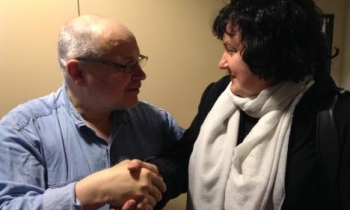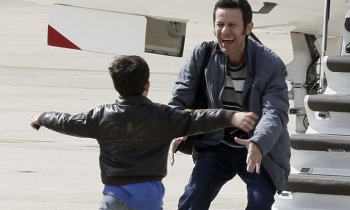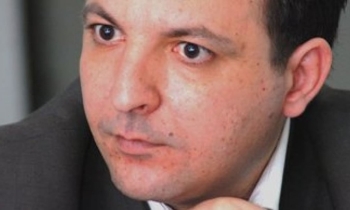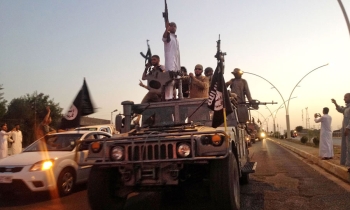Venezuelan authorities Friday hastily quashed a ban on newspapers printing violent images after a firestorm of criticism from media outlets, rights groups and UN officials who branded it censorship, according to news reports. The announcement, made overnight to the state news agency AVN by the legal director of the public defender's office, Larry Davoe, reversed a court order this week imposing a month-long prohibition on "violent, bloody or grotesque images" in all of Venezuela's press.
The court order was issued after one Venezuelan newspaper, El Nacional, last week printed unusually graphic photos of corpses in a city morgue to underline the crime wave. Another anti-government newspaper, Tal Cual, reprinted the photo.
President Hugo Chavez claimed his critics were using "pornographic" images like those to twist public debate on the problem with the aim of destabilising his authority. The public defender's office said that, while the general ban had been lifted, temporary photo prohibitions remained in place against El Nacional and Tal Cual. It also cautioned all publications against printed images "unsuitable for children and adolescents."
Chavez's government has not published official crime statistics for years. However, El Nacional on Friday published figures it said came from the National Statistics Institute — given to Chavez but not released publicly — showing there were 19,133 murders across Venezuela last year. That was significantly higher than the 16,000 murders recorded by the non-governmental Venezuelan Violence Observatory which already painted the country as the most dangerous in South America.
Miguel Otero, editor of El Nacional, told New York-based Committee to Protect Journalists (CPJ) that the court orders were aimed at curtailing press coverage of crime before the September 26 legislative elections. "The crime rate has become a critical issue for the government. These rulings are a very convenient way to stop crime stories from going public," Otero said.
"Journalists have the right to report aggressively on issues of public interest. We call on judicial authorities to overturn the decision on appeal," said Carlos Lauría, CPJ's senior programme coordinator for the Americas. "It is critical for Venezuelans, especially in the pre-electoral period, to be informed on issues of public interest such as violence and rising crime."
“The photo was indeed very shocking and raises questions about this big-circulation newspaper’s sense of responsibility even if it is not a publication aimed at young people,” Paris-based press freedom group Reporters sans Frontières (RSF) said. “But this court order is much too broad and imprecise. What are the exact criteria for deciding if something affects the psychological well-being of children or adolescents? Would the photo of an armed policeman in the street, a soldier on manoeuvres or a death notice be in breach of this order?”
It said, “A caricature is by definition ‘grotesque.’ Does that mean caricatures cannot be shown to young people? It is normal to reserve certain content and media for an adult audience, but discussion, education and prevention seem preferable to a hasty ban that is liable to result in censorship and self-censorship.”

